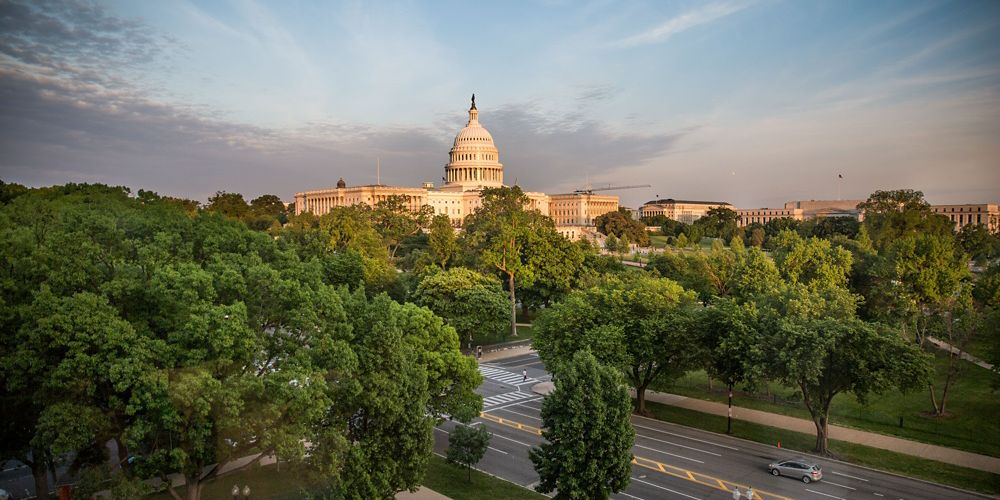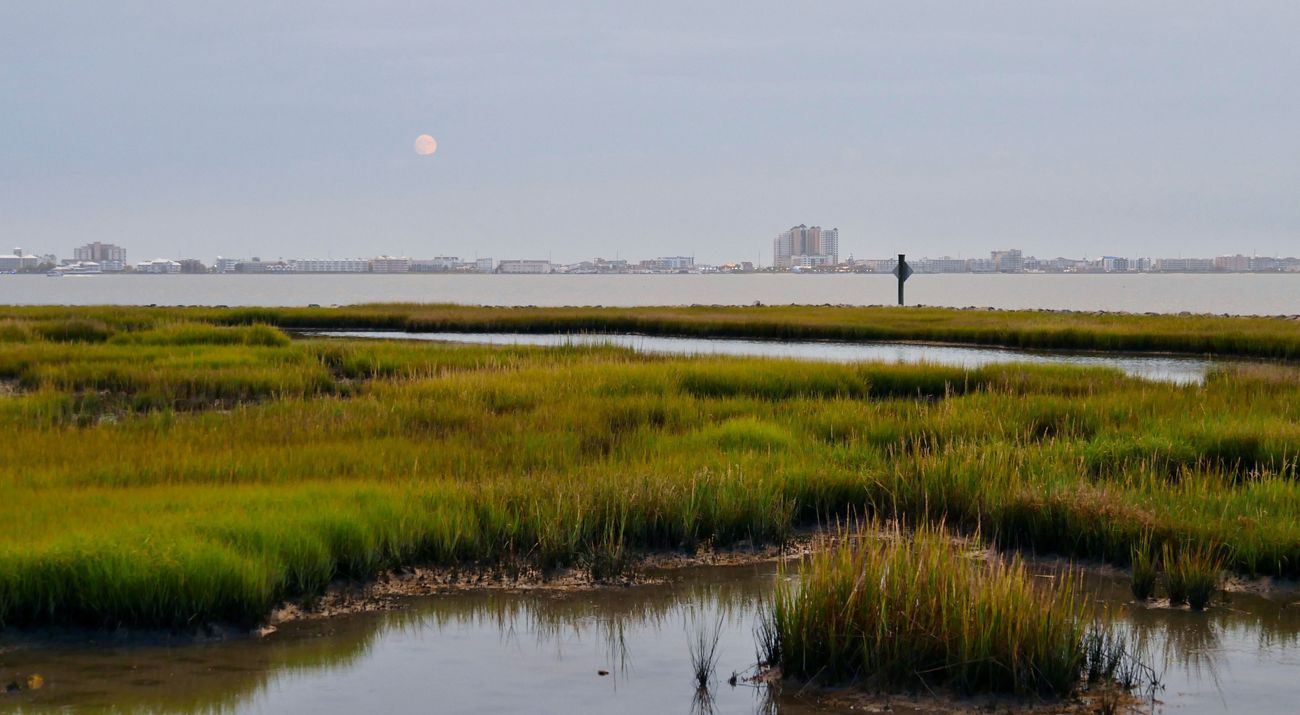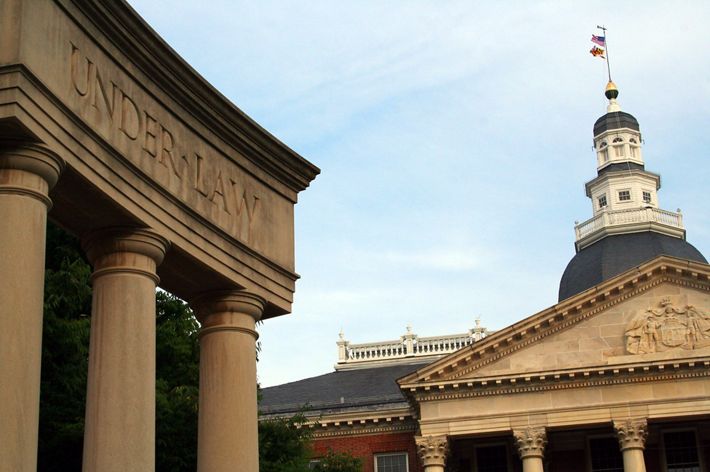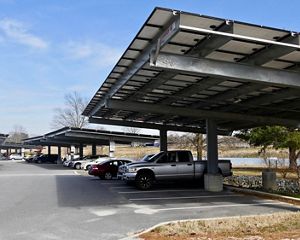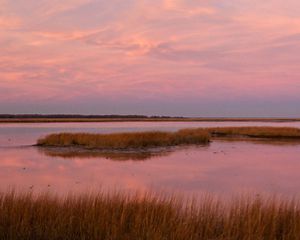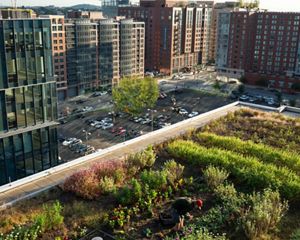2025 Legislative Session Recap
We’re working to advance legislation that will allow people and nature to thrive together.
The Maryland/DC chapter's Government Relations team works to advance forward-thinking policies on conservation and climate issues such as climate change mitigation, climate resilience, and investments in nature. During the 2025 Maryland Legislative Session, TNC worked along environmental and climate partners to advocate for legislation that will prepare Maryland to tackle current and future environmental challenges through policy solutions that work for people and the planet.
The 2025 session was challenging due to an especially tight state budget. Our team worked hard to protect funding for key environmental programs and to keep the state moving forward on climate commitments and obligations to human and ecological communities. For policies that did not pass this year, we will keep up the momentum heading into 2026 – and we will need support from you to keep Maryland moving in the right direction.
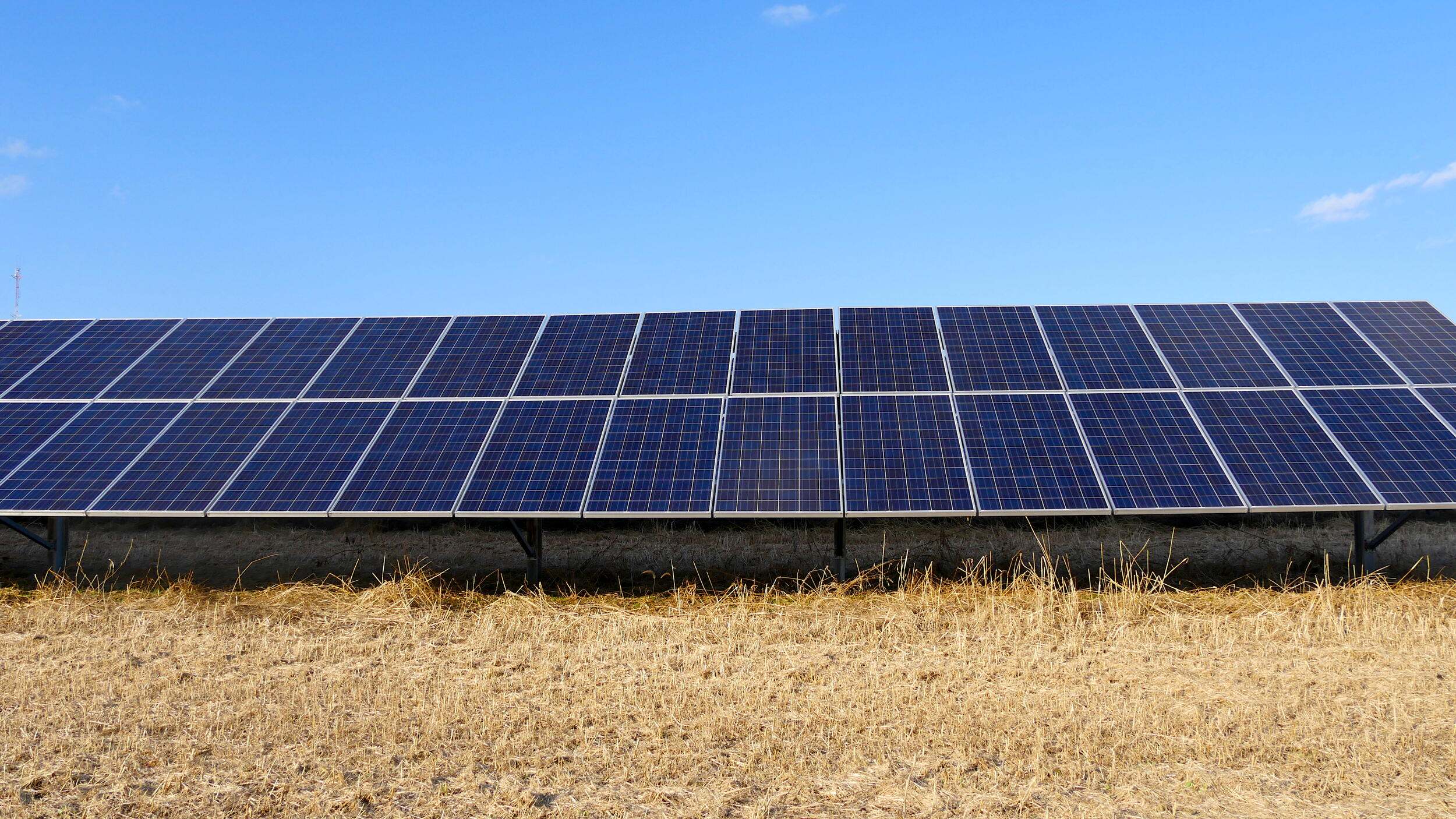
Reducing Emissions and Powering Up Renewable Energy
A priority during the 2025 legislative session was to find solutions that meet Maryland’s rising energy demands while also reducing energy costs. TNC advocated for state investments in clean energy sources that are resilient, affordable, and healthy, to set Maryland up for success in achieving our emissions reduction goals.
Leaders in the House and Senate chambers put forward a package of energy legislation to achieve this priority. The first draft of this legislation proposed expansions to nonrenewable energy sources in the state, which ran counter to Maryland’s emissions reduction goals. Members of the environmental community, including TNC staff, worked hard to amend the energy package to better represent our shared vision for Maryland’s resilient, clean and renewable energy future.
The final version of the state energy package included these provisions that TNC supported:
- Removal of trash incineration as an eligible Tier 1 renewable energy source under our state’s Renewable Portfolio Standard. Incineration is a highly polluting pathway for energy production. Emissions from incineration trigger asthma attacks and worsen cases of respiratory illness for Maryland residents.
- Cost effective reforms to the Strategic Infrastructure Development and Enhancement (STRIDE) plan. In 2013, the STRIDE law was passed with the intent of incentivizing gas utilities to proactively fix their aging gas infrastructure; however, it lacked critical spending, safety, and ratepayer protections safeguards. New reforms will explore non-pipeline alternatives for new energy infrastructure, improve the public notice process, and establish cost protections for ratepayers.
- Support for battery storage and community solar projects. Updates have been made to guidance and efficiency measures for siting renewable energy. Energy storage and renewable energy solutions can be built quickly to address resource adequacy within a shorter time frame.
Unfortunately, the final version of the energy package also included provisions to incentivize new gas plants in Maryland. Despite this outcome, TNC will continue to advocate for clean energy solutions on the ground to achieve Maryland’s net-zero emissions goal.
Separately from the energy package, TNC also advocated for legislation to advance floating solar projects on non-navigable bodies of water, as well as incentivizing solar development on brownfields – properties that may contain hazardous substances that pose a challenge to developing the property for other uses. Finally, we supported improvements to the Building Energy Performance Standards (BEPS), to increase compliance while maintaining the program’s emissions reductions and health benefits.
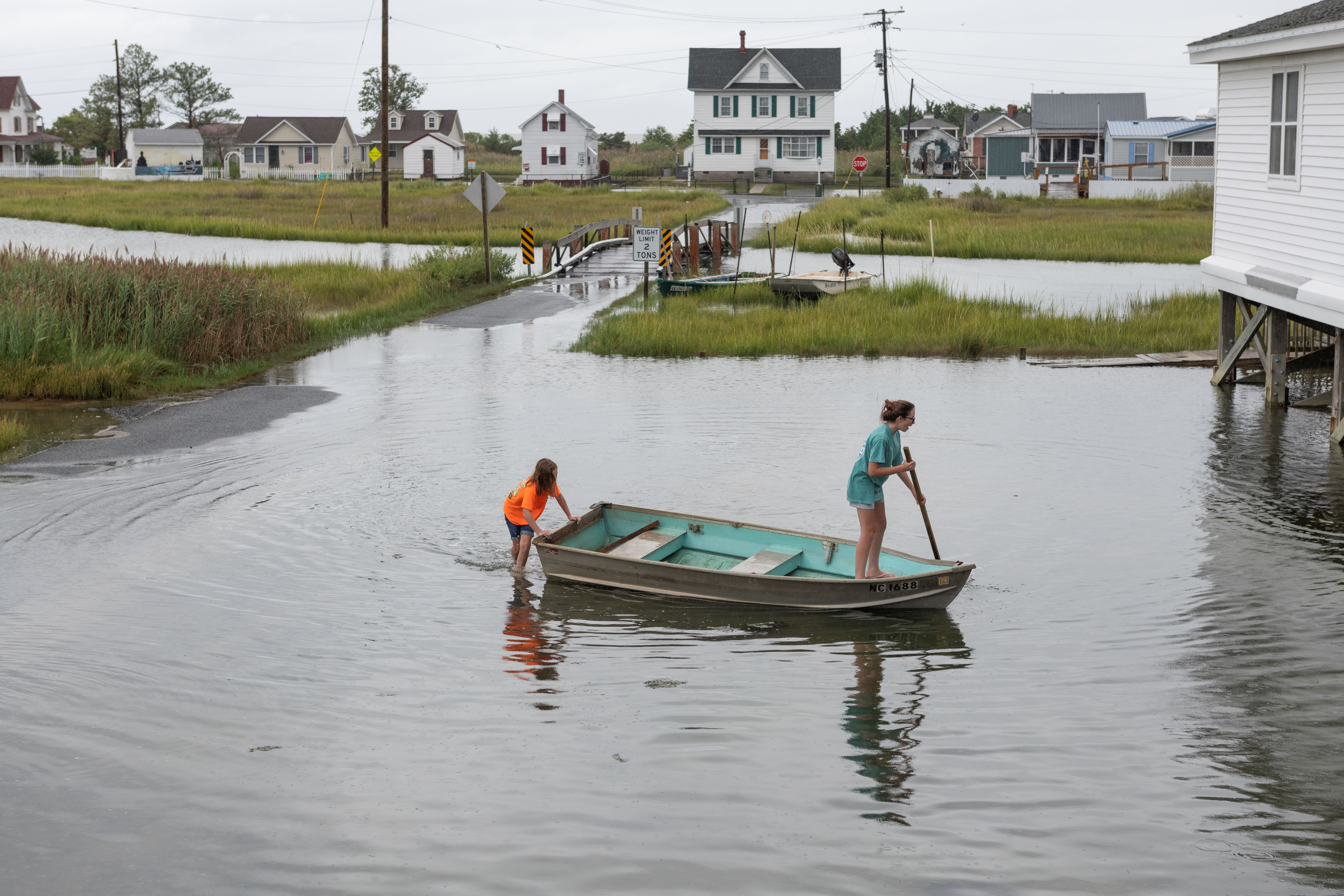
Building Resilience for Coastal Ecosystems and Communities
TNC works to protect healthy habitats and communities across our state’s changing coastal landscape. As climate change impacts become more severe and frequent, Maryland’s communities and natural resources are facing increasing challenges, especially tied to coastal flooding. Our climate adaptation work in Maryland prioritizes nature-based strategies for adaptation. This includes capturing stormwater in cities, working with farmers to reduce nutrient runoff in waterways, protecting and restoring critical habitats—like wetlands and oyster reefs—and building resilience in coastal communities.
In 2025, TNC advocated for new legislation that will advance healthy Chesapeake Bay ecosystems, make ecological restoration easier and support sustainable comprehensive planning practices.
Maryland’s coastal communities and ecosystems are experiencing some of the first and worst impacts of tidal flooding, extreme weather events and loss of habitat due to saltwater intrusion. Maryland still has a long way to go for building resilience to adapt to climate change. We are grateful for the continued support and leadership of the Maryland General Assembly for these issue areas and look forward to continuing to work on implementing solutions.
-
The Moore Administration and legislative sponsors, with support from environmental organizations like TNC, successfully passed the Chesapeake Bay Legacy Act. TNC’s goal for the Chesapeake is to restore a healthy bay that supports over 3,600 species of plants and animals, thriving local communities and sustainable industries such as fisheries, farming and tourism. This new law brings us closer to that goal by creating new programs and pathways to improve the Bay’s health, including the Maryland Leaders in Environmentally Engaged Farming (LEEF) Program and the Water Quality Monitoring Program.
-
TNC’s government relations team worked closely with Audubon Mid-Atlantic to define ecological restoration in Maryland law. This is an important step to achieving vital resiliency projects in our state, such as critical marsh and wetland restoration efforts. We look forward to continuing our work with Audubon on the ground to advance these projects.
-
New local comprehensive planning principles were adopted through legislation this session. These principles will advance community-focused development planning processes. Priority will be given to resilience measures that will help Maryland adapt to climate change and associated environmental risks. Clean and affordable transportation, access to public spaces and protections for sensitive habitats are among the new planning principles included within this bill.
Maryland’s coastal communities and ecosystems are experiencing some of the first and worst impacts of tidal flooding, extreme weather events and loss of habitat due to saltwater intrusion. Maryland still has a long way to go for building resilience to adapt to climate change. We are grateful for the continued support and leadership of the Maryland General Assembly for these issue areas and look forward to continuing to work on implementing solutions.

Investing in Nature
Investing in nature brings strong returns for Maryland’s natural resources, economy, and communities. TNC supports programs and investments that ensure economic and environmental benefits are enhanced today and made sustainable for tomorrow. Throughout the 2025 legislative session, we emphasized the risk reduction benefits and avoided costs that can be achieved through proactive investments in nature-based strategies.
TNC supports fully funding Maryland’s agencies so that staff capacity is realized, and programs are equipped to accomplish their outcomes.
Maryland has a lot of work ahead to continue enacting our state’s ambitious policies like the Climate Solutions Now Act. Capable and well-resourced agencies are essential to setting Maryland on a path for success.
-
TNC advocated for dedicated, full funding to foundational environmental and climate programs like The Chesapeake Bay Trust, Program Open Space, and Tree Solutions Now. These programs are vital to maintaining the health and wellbeing of natural places across Maryland.
In the state’s final budget, we unfortunately saw cuts to Program Open Space, moving $6.7 million from state-side land acquisition to fund expenses in other state programs. Redirecting funding from this program to elsewhere in the state budget leads to underinvestment in conservation outcomes and decreases the impact of these essential environmental and conservation programs.
The General Assembly also reduced and redirected dollars from the Strategic Energy Investment Fund (SEIF). The SEIF provides funding to programs that reduce energy bills, increase energy supply in Maryland, and support affordable, reliable, and clean energy. SEIF funding has been reallocated into the General Fund, thereby reducing the SEIF’s potential for clean energy impacts.
We recognize the difficult financial years that our state faces and the need for the state to balance its budgets; however, these cuts cannot come at the expense of reversing decades of environmental progress in Maryland.
-
Maryland’s protected lands and ecosystems are an heirloom that we all have the opportunity to experience and the responsibility to steward for future generations. Several bills that passed this session will connect key funding to conservation and protection work across our state.
A bill put forward by the Maryland Department of Natural Resources provides dedicated funding, staff and resources to better manage and maintain Maryland’s public lands. Pursuing collaborative approaches between state entities and environmental non-governmental organizations will allow Maryland to better meet our protected areas’ needs.
A bill providing protections for wildlife, as well as motorists, on our state highways also passed this session. It establishes the Maryland Connectivity Coalition to facilitate collaboration among agencies, nongovernmental organizations, and other interested parties to develop a pathway for the state to better combat wildlife-vehicle collisions.
Looking Ahead
TNC is dedicated to seeing essential conservation and climate programs receive the strongest funding levels possible in the years to come. We are also committed to advancing a clean energy and climate resilience future for Maryland.
As TNC and our partners begin strategizing for the next legislative session, we will keep in mind the bills that didn’t make it through this year and consider how these policy ideas can still be developed and advanced. TNC will work with partner organizations, state agencies, legislators and the Governor’s office in the next budget cycle to ensure that funding cuts to environmental and climate programs aren’t repeated going forward. Maryland has commitments and obligations to its environment and our communities, and TNC will continue to give our support, as well as hold the state accountable for fulfilling those. Even in difficult years, we can’t afford to delay action on climate mitigation and adaptation.
Use Your Outside Voice
Do you want to be an advocate for Maryland’s environment, but aren’t sure where to start? Find your representatives here and ask about what their plans are for 2026 to reduce emissions, build climate-resilient human and natural communities, and invest in nature!
